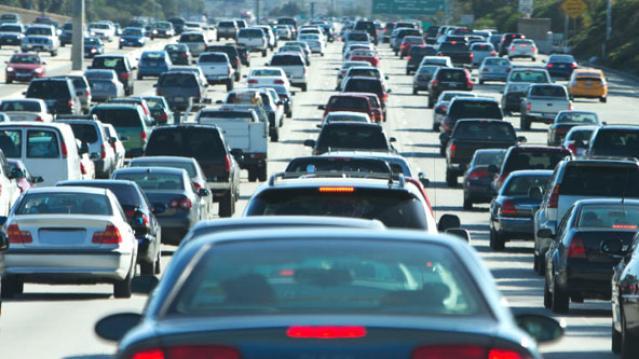Here’s Why Americans Are Keeping Their Cars Longer than Ever

As cars get more reliable Americans are holding onto their vehicles for longer than ever before. The average age of cars and light trucks is now 11.5 years old, according to a new report from IHS Automotive.
In addition to better reliability, cars are getting older because Americans bought far fewer new cars in the years following the Great Recession, as concerns lingered about unemployment and the strength of the economy.
Even as consumers have started purchasing new vehicles again, they’re still holding onto their older ones. The average length of ownership of a new vehicle reached 6.5 years in the first quarter of 2015, more than two years longer than in 2006. The number of cars more than 12 years old continues to grow and is expected to increase 15 percent by 2020.
Related: The Incredible Disappearing American-Made Car
IHS predicts that the average age of vehicles will inch up slightly over the next few years, hitting 11.7 years in 2018.
The number of cars on the road hit a record 258 million, posting a 2.1 percent increase over last year, driven by the purchase of new cars. IHS expects that volume of cars less than 5 years old will increase by 24 percent over the next five years.
Consumer sales of autos were on pace to rise 4.2 percent this month, according to TrueCar, compared to July of 2014, thanks to increased demand, summer sales events and the growing popularity of premium brands.
Top Reads from The Fiscal Times:
- Why Hillary Clinton’s Tax Plan to Soak Investors Won’t Work
- US Health Spending: $3.1 Trillion a Year and Growing
- Joe Biden: The Looming Threat to a Republican Presidency
Will Trump's Tax Cuts Really Happen? Economists Are Surprisingly Optimistic
Despite all the thorny questions swirling around President Trump's nascent tax reform plan, 29 of 38 economists surveyed by Bloomberg in a monthly poll said they expect Congress to cut taxes by November of next year.
The hitch: The economists don’t expect the cuts will help the economy much. The median projection of a larger group of 71 economists is for 2018 growth of 2.3 percent, up only slightly from 2.1 percent this year — and by 2019, the economists see growth slipping back to 2 percent.



